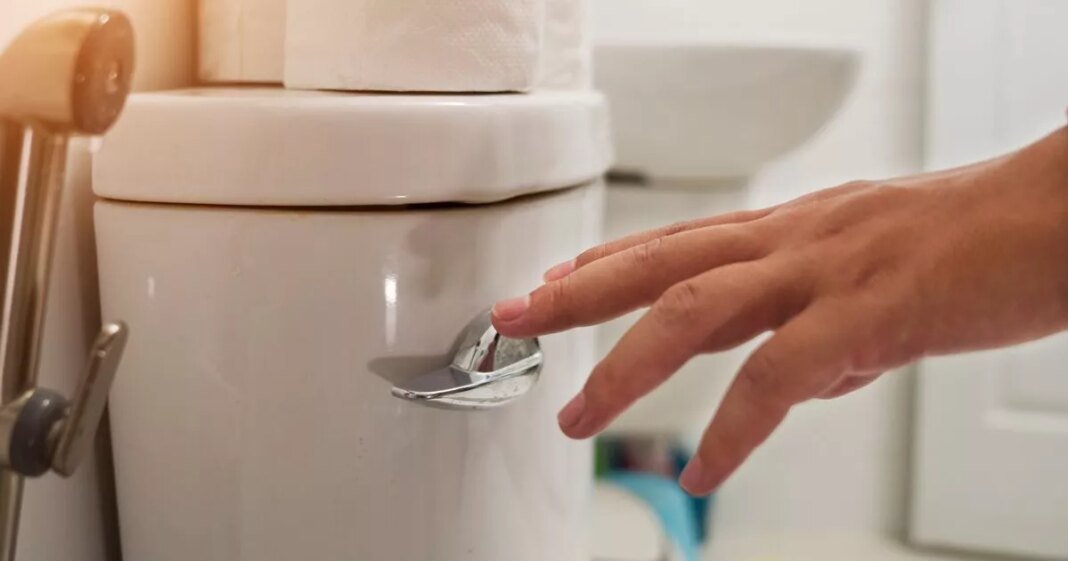Britons have received a cautionary advisory regarding the importance of being careful when disposing of waste down drains, as an obscure regulation could lead to costly repairs and potential legal repercussions. Experts have highlighted a key solution to address this issue.
As per the Water Industry Act of 1991, individuals found guilty of this offense could face up to a two-year prison sentence. Section 111 of the legislation explicitly prohibits the dumping of materials into sewers or drains that could impede the free flow or cause harm.
Although convictions for such actions are infrequent, severe blockages traced back to a residence might prompt investigations and result in significant fines as part of the penalty. While incarceration is typically reserved for severe cases, even first-time offenders may incur hefty fines to deter future misconduct.
This regulation encompasses all types of drains, including those linked to bathrooms or kitchens. Various items, such as fats, oils, greases (commonly poured down kitchen sinks), wet wipes, sanitary products, cotton buds, and hair flushed down toilets, can lead to blockages and harm the drainage system.
According to a report by the Direct Line Group, approximately 37 million individuals have admitted to improper disposal practices, risking damage to their plumbing systems. Plumbers often receive numerous calls each month to address preventable blockages or burst pipes, with costs varying based on the severity of the obstruction and required remedial actions.
The average repair cost ranges from £85 to £275, excluding callout fees and any specialized assessments necessary for complex issues. To prevent future blockages, it is essential to limit flushable items to toilet paper and human waste, avoiding excessive use of paper and utilizing multiple flushes if needed to maintain optimal drainage flow.
Implementing these simple practices can mitigate the risk of blockages and ensure the efficient operation of household plumbing systems.

